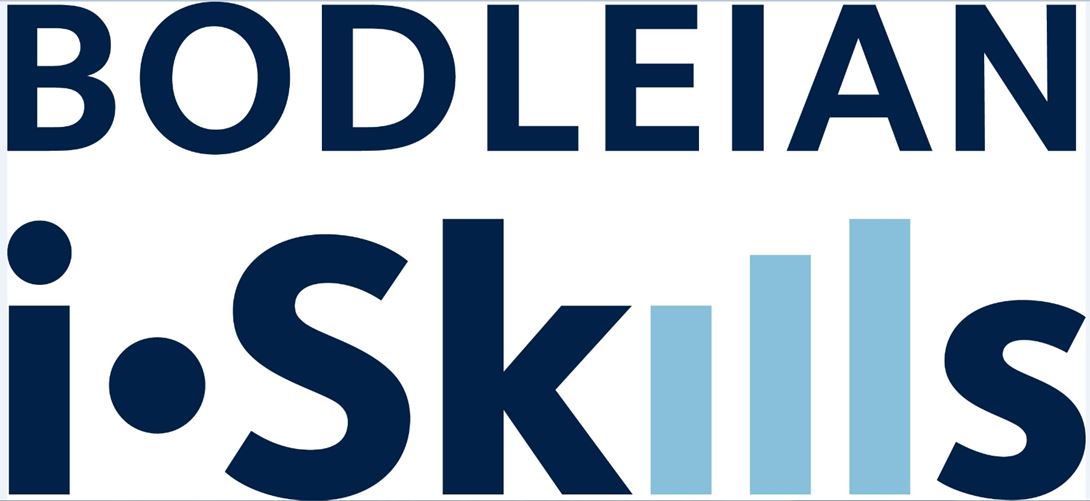Fancy paid business experience with a global publisher? Become a Gale Ambassador and help raise awareness of the digital resources available at Oxford!
Gale is a global publisher of digital archives and other library resources such as eBooks.
The Gale Ambassador Scheme might be of interest to graduates using Cengage / Gale resources (Times Digital Archive, ECCO, State Paper Online, etc) and who are in Oxford 2020-21. It offers paid business experience with a global publisher.
Gale Ambassadors are paid £250 for a 6 month period of set activities, plus the role is also great for your CV…
- Business experience – work directly with staff at a global publisher
- Get published on our company blog – creating great, shareable evidence of your work
- Run your own marketing activities – refine copy and post placement to make successful use of social media
- Speak at subject society events and lectures – public speaking experience is always great for a CV
- Discover more primary sources for your own essays – potentially improving your grades
- Opportunities for in-house work experience with a global publisher
The deadline for applications is Sunday 6th December 2020.
Applications are made online at the Gale Ambassadors site. Full training will be provided in January 2021 for successful applicants ahead of the participating in the scheme.
Example blog posts from previous Gale Ambassadors are at:
- Francis Barber: Samuel Johnson’s Jamaican friend
- In Praise of Folly: A catalogue of April Fool’s hoaxes with Gale Primary Sources
- ‘New Year, New Me?’ Late 19th and Early 20th Century New Year’s Resolutions







 The format of the Fair encourages you to
The format of the Fair encourages you to 




